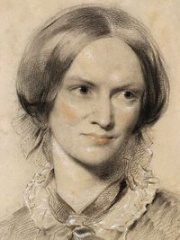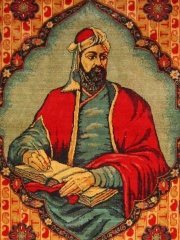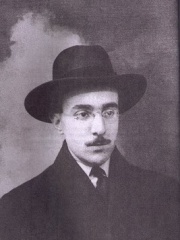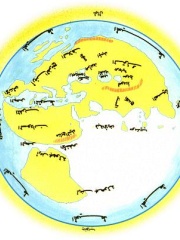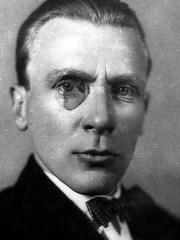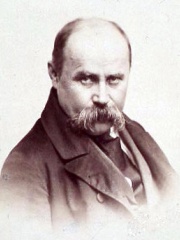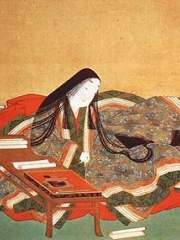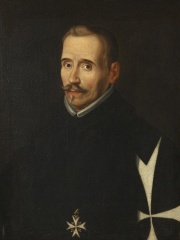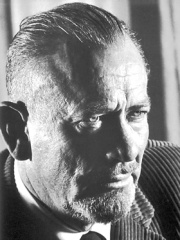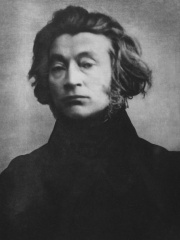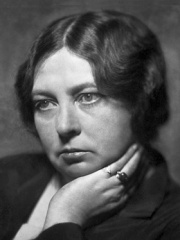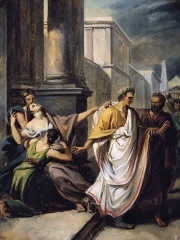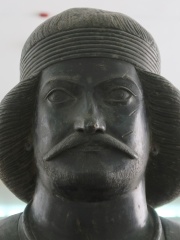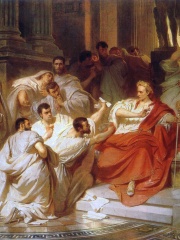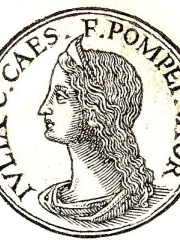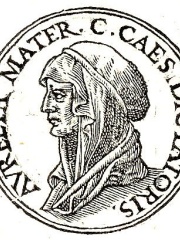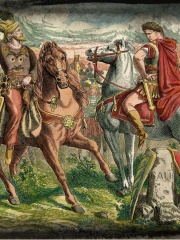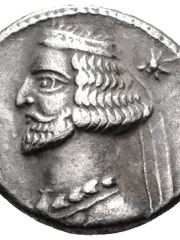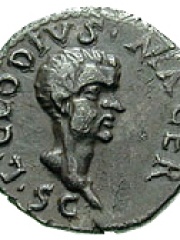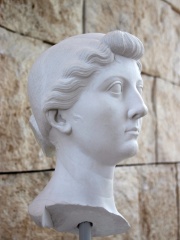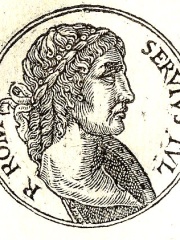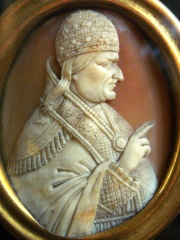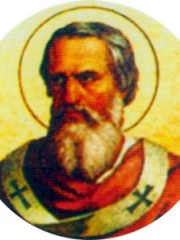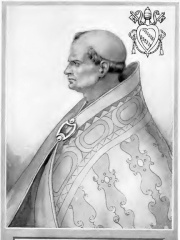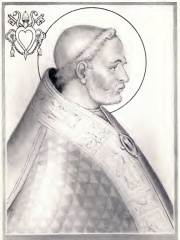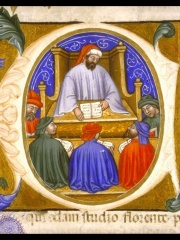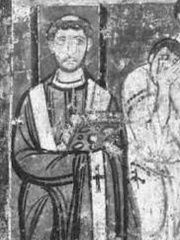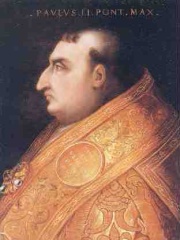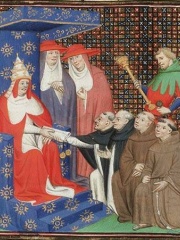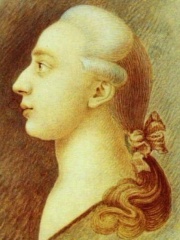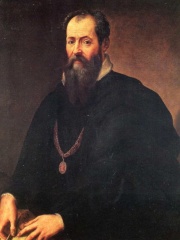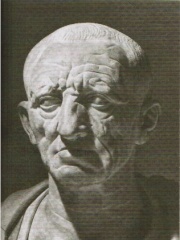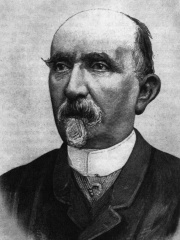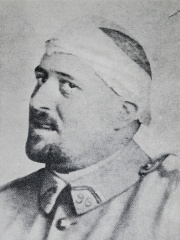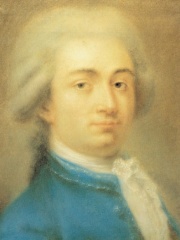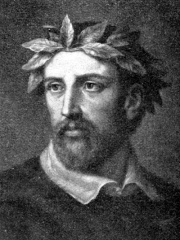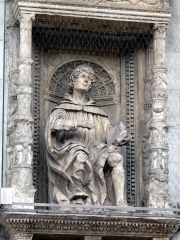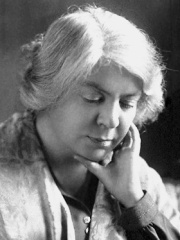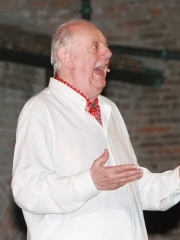Writer
Catullus
84 BC - 54 BC
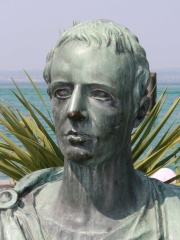
 Catullus
Catullus
Gaius Valerius Catullus (Classical Latin: [ˈɡaːius waˈlɛrius kaˈtullus]; c. 84 – c. 54 BC), known as Catullus (kə-TUL-əs), was a Latin neoteric poet of the late Roman Republic. His surviving works remain widely read due to their popularity as teaching tools and because of their personal or sexual themes. Read more on Wikipedia
His biography is available in 72 different languages on Wikipedia (up from 71 in 2024). Catullus is the 184th most popular writer (down from 154th in 2024), the 269th most popular biography from Italy (down from 201st in 2019) and the 14th most popular Italian Writer.
Gaius Valerius Catullus was a Roman poet who is most famous for his poems to his lover, Lesbia.
Memorability Metrics
Page views of Catullus by language
Among Writers
Among writers, Catullus ranks 184 out of 7,302. Before him are Charlotte Brontë, Nizami Ganjavi, Stéphane Mallarmé, Fernando Pessoa, Al-Masudi, and Mikhail Bulgakov. After him are Taras Shevchenko, Murasaki Shikibu, Lope de Vega, John Steinbeck, Adam Mickiewicz, and Sigrid Undset.
Most Popular Writers in Wikipedia
Go to all RankingsCharlotte Brontë
1816 - 1855
HPI: 78.80
Rank: 178
Nizami Ganjavi
1141 - 1209
HPI: 78.77
Rank: 179
Stéphane Mallarmé
1842 - 1898
HPI: 78.77
Rank: 180
Fernando Pessoa
1888 - 1935
HPI: 78.77
Rank: 181
Al-Masudi
896 - 956
HPI: 78.74
Rank: 182
Mikhail Bulgakov
1891 - 1940
HPI: 78.73
Rank: 183
Catullus
84 BC - 54 BC
HPI: 78.70
Rank: 184
Taras Shevchenko
1814 - 1861
HPI: 78.66
Rank: 185
Murasaki Shikibu
973 - 1014
HPI: 78.63
Rank: 186
Lope de Vega
1562 - 1635
HPI: 78.62
Rank: 187
John Steinbeck
1902 - 1968
HPI: 78.61
Rank: 188
Adam Mickiewicz
1798 - 1855
HPI: 78.60
Rank: 189
Sigrid Undset
1882 - 1949
HPI: 78.56
Rank: 190
Contemporaries
Among people born in 84 BC, Catullus ranks 1. After him are Decimus Junius Brutus Albinus, Surena, and Publius Servilius Casca. Among people deceased in 54 BC, Catullus ranks 1. After him are Julia, Aurelia Cotta, Ariovistus, Mithridates IV of Parthia, Quintus Titurius Sabinus, and Dumnorix.
Others Born in 84 BC
Go to all RankingsCatullus
WRITER
84 BC - 54 BC
HPI: 78.70
Rank: 1
Decimus Junius Brutus Albinus
POLITICIAN
84 BC - 42 BC
HPI: 70.02
Rank: 2
Surena
MILITARY PERSONNEL
84 BC - 52 BC
HPI: 65.17
Rank: 3
Publius Servilius Casca
POLITICIAN
84 BC - 42 BC
HPI: 64.35
Rank: 4
Others Deceased in 54 BC
Go to all RankingsCatullus
WRITER
84 BC - 54 BC
HPI: 78.70
Rank: 1
Julia
COMPANION
76 BC - 54 BC
HPI: 75.19
Rank: 2
Aurelia Cotta
POLITICIAN
120 BC - 54 BC
HPI: 74.63
Rank: 3
Ariovistus
POLITICIAN
101 BC - 54 BC
HPI: 67.18
Rank: 4
Mithridates IV of Parthia
POLITICIAN
HPI: 64.23
Rank: 5
Quintus Titurius Sabinus
MILITARY PERSONNEL
50 BC - 54 BC
HPI: 62.94
Rank: 6
Dumnorix
POLITICIAN
100 BC - 54 BC
HPI: 58.84
Rank: 7
In Italy
Among people born in Italy, Catullus ranks 269 out of 5,161. Before him are Livia (-58), Servius Tullius (-600), Pope Honorius IV (1210), Pope Adrian II (792), Pope Paschal I (775), and Pope Gelasius II (1062). After him are Pope Honorius II (1100), Pope Boniface V (575), Boethius (480), Pope Leo IV (790), Pope Paul II (1417), and Pope Innocent IV (1195).
Others born in Italy
Go to all RankingsLivia
COMPANION
58 BC - 29
HPI: 78.80
Rank: 263
Servius Tullius
POLITICIAN
600 BC - 535 BC
HPI: 78.78
Rank: 264
Pope Honorius IV
RELIGIOUS FIGURE
1210 - 1287
HPI: 78.74
Rank: 265
Pope Adrian II
RELIGIOUS FIGURE
792 - 872
HPI: 78.71
Rank: 266
Pope Paschal I
RELIGIOUS FIGURE
775 - 824
HPI: 78.70
Rank: 267
Pope Gelasius II
RELIGIOUS FIGURE
1062 - 1119
HPI: 78.70
Rank: 268
Catullus
WRITER
84 BC - 54 BC
HPI: 78.70
Rank: 269
Pope Honorius II
RELIGIOUS FIGURE
1100 - 1130
HPI: 78.61
Rank: 270
Pope Boniface V
RELIGIOUS FIGURE
575 - 625
HPI: 78.60
Rank: 271
Boethius
PHILOSOPHER
480 - 525
HPI: 78.53
Rank: 272
Pope Leo IV
RELIGIOUS FIGURE
790 - 855
HPI: 78.52
Rank: 273
Pope Paul II
RELIGIOUS FIGURE
1417 - 1471
HPI: 78.50
Rank: 274
Pope Innocent IV
RELIGIOUS FIGURE
1195 - 1254
HPI: 78.50
Rank: 275
Among Writers In Italy
Among writers born in Italy, Catullus ranks 14. Before him are Giacomo Casanova (1725), Giorgio Vasari (1511), Cato the Elder (-243), Carlo Collodi (1826), Plautus (-254), and Guillaume Apollinaire (1880). After him are Carlo Goldoni (1707), Torquato Tasso (1544), Pliny the Younger (61), Juvenal (50), Grazia Deledda (1871), and Dario Fo (1926).
Giacomo Casanova
1725 - 1798
HPI: 83.07
Rank: 8
Giorgio Vasari
1511 - 1574
HPI: 82.06
Rank: 9
Cato the Elder
243 BC - 149 BC
HPI: 79.82
Rank: 10
Carlo Collodi
1826 - 1890
HPI: 79.68
Rank: 11
Plautus
254 BC - 184 BC
HPI: 79.62
Rank: 12
Guillaume Apollinaire
1880 - 1918
HPI: 79.26
Rank: 13
Catullus
84 BC - 54 BC
HPI: 78.70
Rank: 14
Carlo Goldoni
1707 - 1793
HPI: 77.89
Rank: 15
Torquato Tasso
1544 - 1595
HPI: 77.60
Rank: 16
Pliny the Younger
61 - 113
HPI: 77.45
Rank: 17
Juvenal
50 - 200
HPI: 77.14
Rank: 18
Grazia Deledda
1871 - 1936
HPI: 76.77
Rank: 19
Dario Fo
1926 - 2016
HPI: 76.74
Rank: 20
